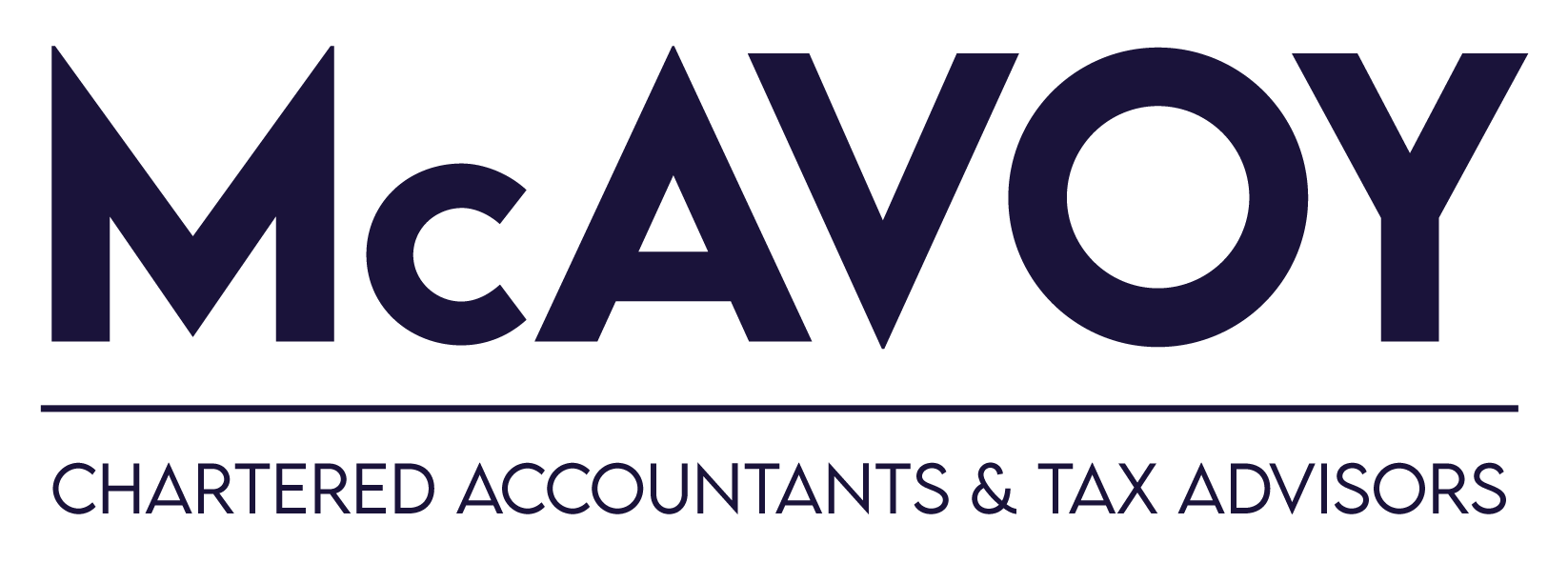Business owners and investors often think that if an expense is made wholly and exclusively for the purpose of their business it is deductible in calculating their taxable income. This approach, while understandable, is not entirely correct. Take expenditure on repairs to a premises as an example. If the repair involves improvements or alterations of a capital nature the expenditure will not be deductible. This begs a question. What is an improvement or alteration of a capital nature and how does it differ from a revenue expense? The question tends to be particularly important when dealing with work to a non-industrial building since the result will be “all or nothing”, in other words, the expenditure will be either tax-deductible or lost.
For an answer to this question we need to look at how the courts have dealt with the problem. Here, we find that a distinction is drawn between replacing part of the building and improving the building.
Replacing a Part of a Building:
Take a property which is ageing and the roof has deteriorated. Suppose that the roof is leaking and that for health and safety reasons the roof is repaired. Suppose also that the roof is replaced with modern materials however no additional functions such as solar panels are installed nor is the roof altered in shape or in size.
In cases such as this the courts have taken the view that the asset is repaired and is not improved, it is merely brought back to its original condition enabling the building to continue its usable life. The taxpayer’s expenditure is regarded as a repair. Expenditure on repairs would be allowable as a deduction in arriving at trading profits or in the case of an investor in computing net rental income.
Improvement:
An improvement on the other hand usually will enhance the functionality of a premises. For example, if instead of replacing the roof in our previous example, the roof was extended and skylights and solar panels installed. In this instance the roof’s functionality would be extended. There would be more room in the building, it would be better ventilated and there would be a degree of energy-saving. The new functions provide additional benefits and therefore constitute an improvement rather than a repair. The cost of the improvement is capital in nature so it is not a tax-deductible expense in calculating taxable profits.
Spending on capital may seem tax-inefficient however this is not always the case. In some situations, tax relief may still be available if the expenditure is incurred on plant such as the solar panels in the last example. Expenditure on the extension, etc. of the roof however constitutes expenditure on the building and would not qualify as plant.
Claiming Tax Relief on the Cost of Plant:
A business owner/investor is entitled to claim capital allowances on expenditure on plant or machinery as long as the following conditions are met:
- The item must be used in carrying on a business,
- It must be kept for permanent use and not as stock-in -trade, and
- It must be perform a function
If these conditions are met, capital allowances at a rate of 12.5% per annum of the cost of the asset can be claimed. This has the effect of providing the taxpayer with a deduction for the cost of the plant although this is spread over a period of 8 years.
As you can see, it is important to understand the difference between repairing an asset and improving an asset as each course of action has different tax consequences. Proper planning before embarking on a scheme of refurbishment to divide the work into the separate categories of repair, plant and improvement will go a long way towards ensuring that the scheme is tax-efficient. Here at McAvoy & Associates we have many years’ experience in working with clients so as to maximise their claims for capital allowances.
If you have questions on the content of this tax alert or would like further information please contact us.
*This tax alert is written in general terms and should not be relied on as a comprehensive summary of the relevant tax law. Professional taxation advice should always be sought before any action is taken.

